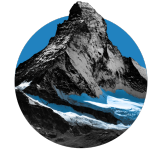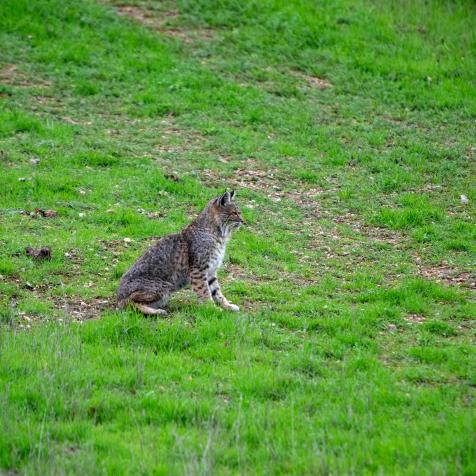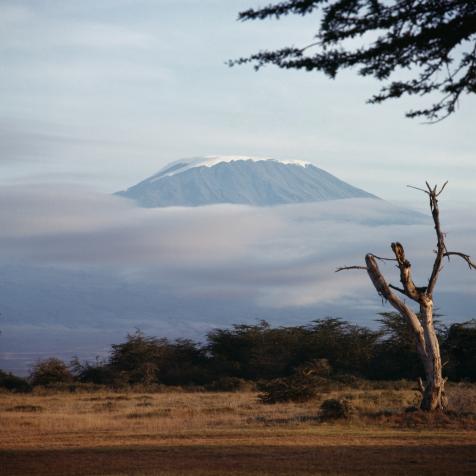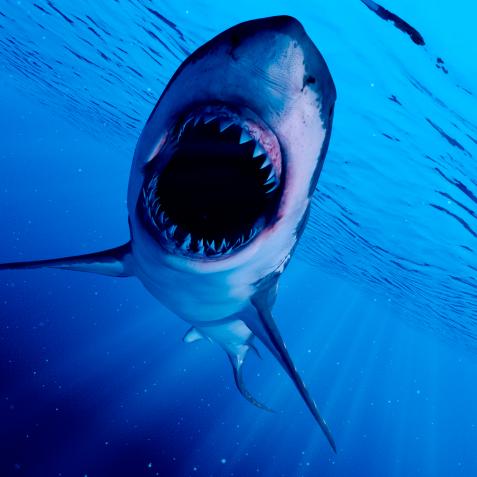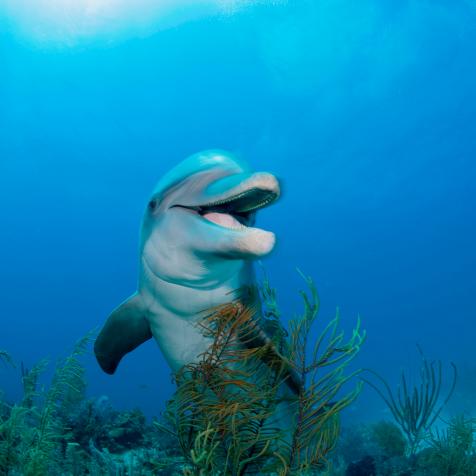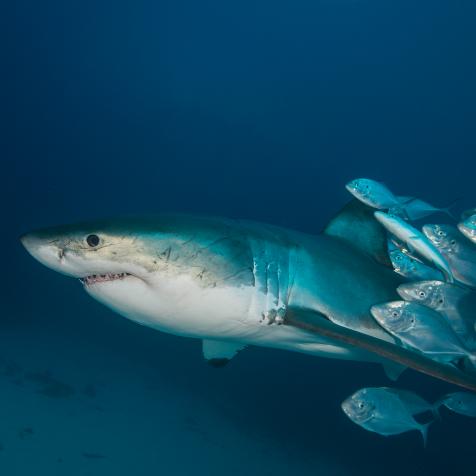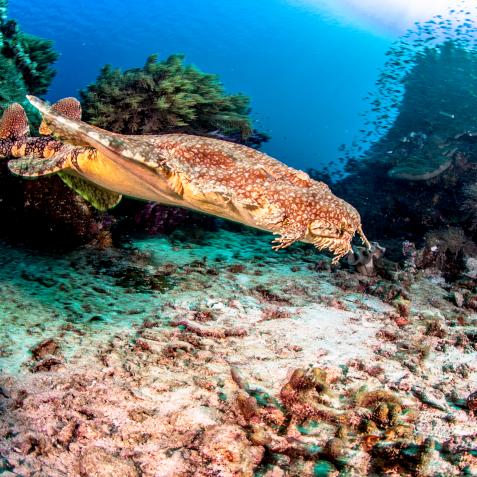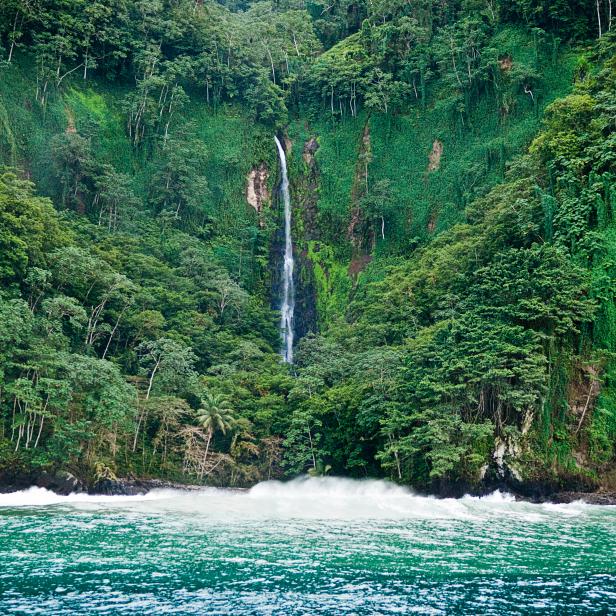
Giordano Cipriani
Costa Rica's Protected 'Shark Island' Will Save Thousands of Species
Costa Rica began the year with a fresh green start after its president announced new protections for the country’s unique biodiversity and wildlife species, expanding a national park by 27 times its size.
President Carlos Alvarado signed a decree in January which dramatically increases both the Bicentennial Marine Management Area and the Cocos Island National Park – two protection zones where thousands of rare species endemic to the country are found.
Government officials hope the move will protect the ecosystems from coastal development, fishery impacts, and pollution, all of which have taken a toll on the region’s marine life.
The National Park was expanded from 785 square miles (2,034 square kilometers) to around 21,000 square miles (54,844 square kilometers) while the Management Area, which encompasses the park and the surrounding water, increased from 3,726 square miles (9,649 square kilometers) to 41,037 square miles (106,285.56 square kilometers).
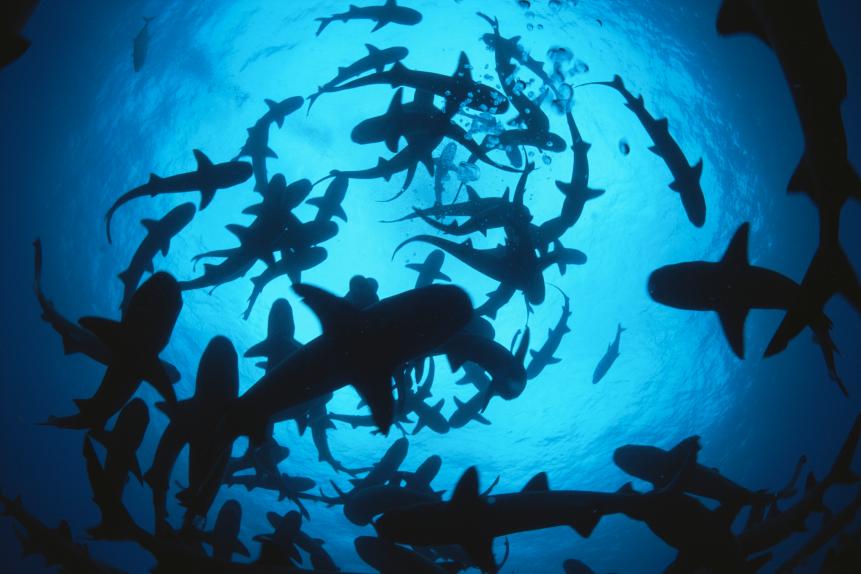
Jeff Rotman
Pacific Ocean, Coco Island, Costa Rica
“Part of our global commitment is to help halt the accelerated loss of species and protect the vital ecosystems that are the source of our food and economic security,” the President said on signing the decree. “I also want to recognize the hard work of our national park officials and staff who protect our precious park daily.”
The decree is part of an ongoing fight by Costa Rica to combat climate change and highlights the country’s participation in the High Ambition Coalition for Nature and People, an alliance between Costa Rica, France, and the UK to conserve 30% of land and sea by 2030.
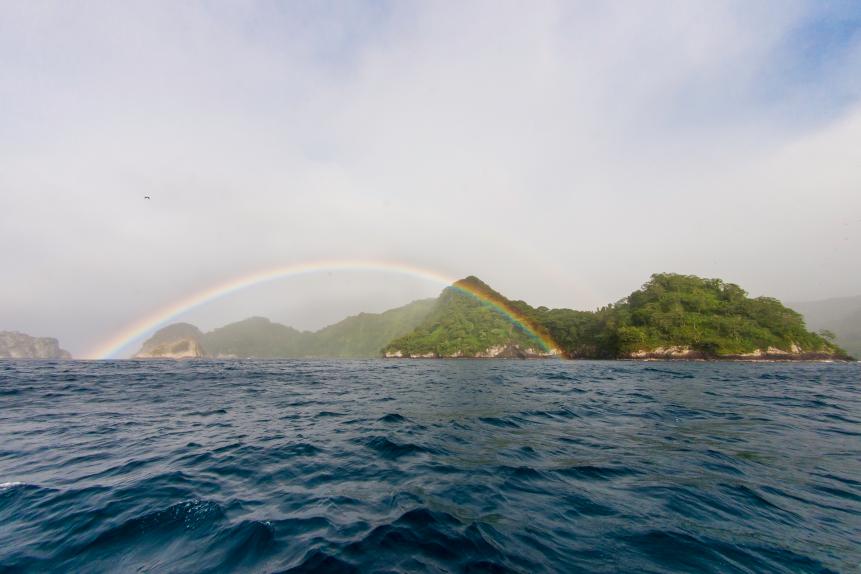
by wildestanimal
A rainbow arches in front of Cocos Island after some light rain.
Cocos Island, which lies 300 miles off the coast of mainland Costa Rica, is a fully protected park that bans fishing and other extractive activities, created by the government back in 1982. It’s thought of as the little Galapagos of Costa Rica and is the tip of an ancient volcanic mountain that’s surrounded by the Pacific Ocean. It’s covered by dense tropical rainforest and boasts waterfalls, cliffs, sandy and rocky beaches, coral reefs, and mountains.
Many of the species on the island have evolved over the centuries, meaning they have distinct characteristics that are found nowhere else in the world.
The Cocos cuckoo, flycatcher, and finch are all bird species endemic to the island, which is also home to two endemic lizards, almost 100 endemic lizards, and numerous freshwater fish. It’s famous amongst divers, due to the ability to view large pelagic species such as sharks, rays, tuna, and dolphins.

Rodrigo Friscione
School of fish, Costa Rica
“The biophysical characteristics of Cocos Island National Park and its adjacent waters make this site a hot spot in the Eastern Tropical Pacific for marine fauna, so it is important to increase its protection,” said Rafael Gutiérrez, Executive Director of Costa Rica’s National System of Conservation Areas.
Costa Rica has been at the forefront of biodiversity protection. It’s home to half a million species, making it one of the most biodiverse countries in the world. The country channels friends from car stamp duty, fuel tax, and energy fees to pay for nature reserve management and environmental services like clean air, freshwater, and biodiversity protection, and so the latest announcement comes as no surprise.








